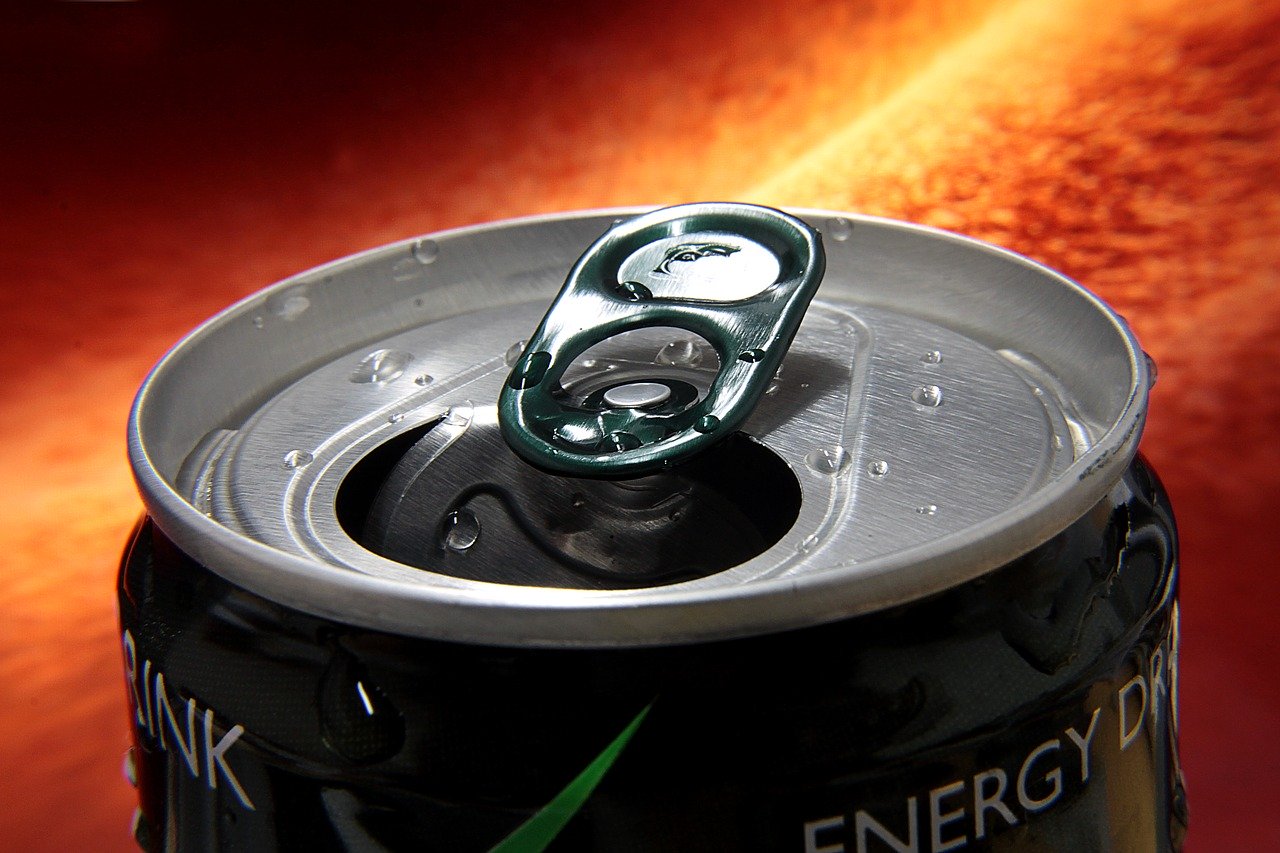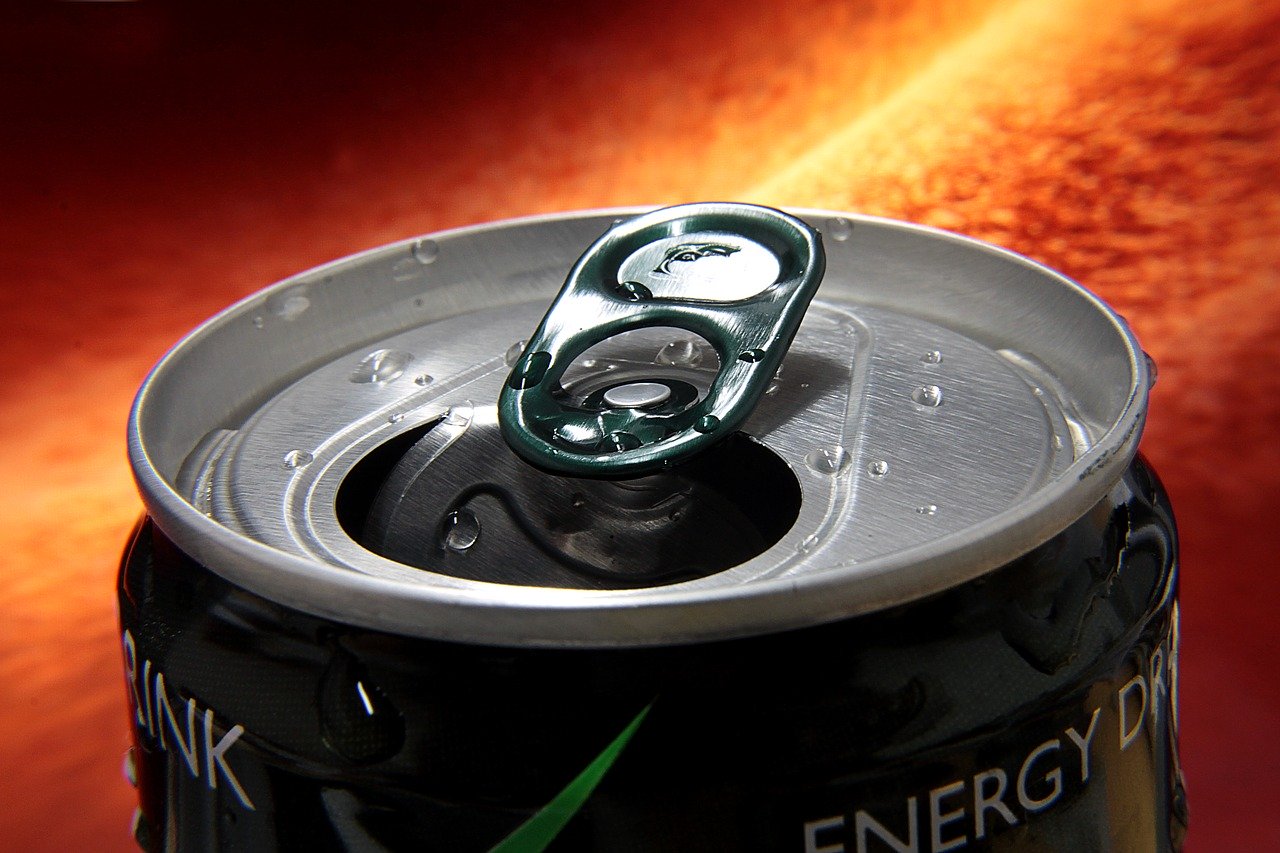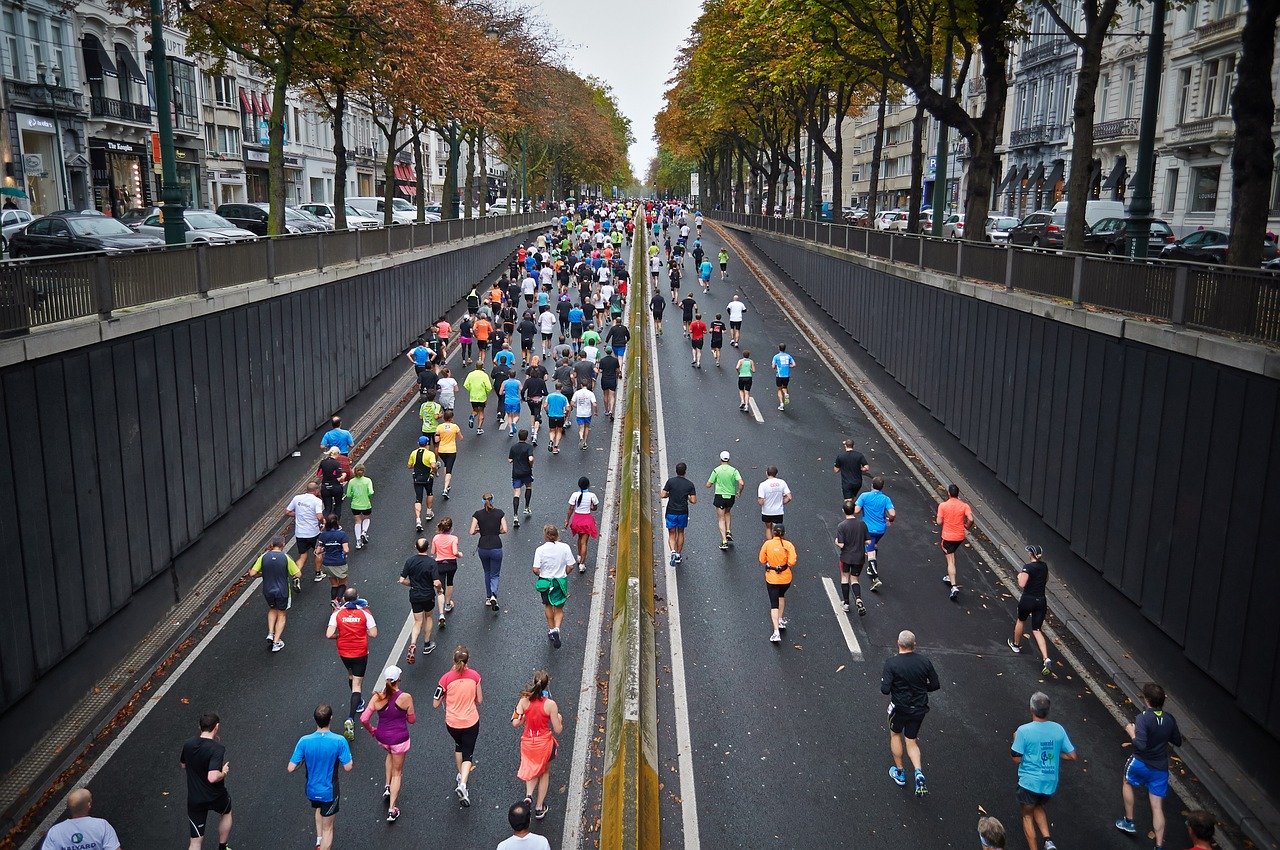In March 2019 researchers from Germany published the results of their study to assess the cardiovascular and metabolic effects of energy drinks, a control product without certain ingredients found in … Read more
Consuming energy drinks may result in poorer sleep and higher stress levels
In January 2020 researchers from the USA published the results of their study to assess the effect of caffeine and energy drink habits on sleep quantity, sleep quality, and perceived … Read more
A caffeine supplement does not improve the 800-m running performance of trained runners but does appear to impair sleep quality
In September 2019 researchers from Spain published the results of their study to assess the effect of caffeine intake on 800-m running performance, sleep quality and nocturnal cardiac autonomic activity … Read more
Coffee and/or caffeine may be associated with a reduced risk of endometrial cancer but, at the same time, is probably associated with an increased risk of breast cancer in pre-menopausal or normal weight women
In October 2018 researchers from the USA and Canada published the results of their study to assess the effect of coffee, tea and caffeine on the risk of breast, endometrial … Read more
As both classic and fruit energy drinks contain a large amount of caffeine and sugar, it would not be advisable to drink large amounts due to possible health issues
In January 2020 researchers from Poland published the results of their study to assess the content and antioxidant properties of 24 popular classic and fruit energy drinks. The content of … Read more
The International Society of Sports Nutrition publish their recommendations on the nutritional considerations for marathon running and racing
In January 2020 researchers from the USA, UK and South Africa published, on behalf of the International Society of Sports Nutrition, a “Position Stand” on the nutritional considerations for single-stage … Read more
A regular and moderate caffeine intake may reduce depression and the risk of suicide in women
In June 2019 researchers from the Republic of Korea published the results of their study to assess the relationship between caffeine intake and suicide risk according to gender. A total … Read more
Maternal ante-natal caffeine intake is associated with a higher amount of body fat in their offspring and a higher risk of obesity at age 5 and 9 years, with a stronger association seen for caffeine from coffee
In June 2019 researchers from Ireland published the results of their study to assess the association between maternal, paternal and grandparent caffeine intake and risk of obesity in offspring. A … Read more
Researcher calls for educational and counselling programmes to be initiated to inform consumers, especially children and adolescents, about the dangers of a high caffeine intake
In January 2019 researchers from the USA published their review of the medical scientific literature on caffeine intake in children and adolescents. Caffeine is the most widely consumed stimulant in … Read more
The risk of cardiovascular disease is increased by 11% for non-coffee drinkers, 7% for drinkers of decaffeinated coffee, and 22% for those who drink 6+ cups/day
In March 2019 researchers from Australia and UCL Institute of Child Health in London, UK published the results of their study to assess whether the genetic score for caffeine metabolism … Read more
Healthy individuals who regularly consume 3-5 cups of coffee per day appear to have a 15% reduction in the risk of cardiovascular disease
In May 2018 researchers from Spain published their overview on the effect of coffee consumption on cardiovascular disease and mortality. They stated that when compared to those not consuming coffee, … Read more
Coffee drinking can be a part of a healthy diet
In August 2018 researchers from the USA published the results of their study to assess the association of coffee consumption with mortality, taking into consideration the genetic caffeine metabolism score … Read more
Moderate prenatal caffeine exposure does not impair neonatal health, although it is associated with the child being born small for gestational age which can itself affect neonatal health
In February 2019 researchers from Sweden, Italy and Norway published the results of their study to assess the association between prenatal caffeine exposure and neonatal health. A total of 67,569 … Read more
Consumption of caffeinated drinks such as coffee and black tea may reduce the risk of non-melanoma skin cancer
In February 2019 researchers from the USA published the results of their study to assess the relationship between coffee, tea and caffeine consumption and risk of non-melanoma skin cancer. A … Read more
Drinking coffee 4+ cups/day appears to increase the risk of hip fracture, whilst 2-3 cups/day may reduce the risk in postmenopausal women
In July 2018 researchers from the USA and Singapore published the results of their study to assess the association between consumption of coffee, tea and caffeine and risk of hip … Read more
Insufficient sleep in adolescents can lead to inattentiveness, poor academic performance, increased risk of obesity, mood disturbances with increased suicidal ideation, and sports-related injuries
In August 2017 researchers from the USA published their review on inadequate sleep in the adolescent population. Causes of inadequate sleep, which is at epidemic levels in this population, include … Read more
Iron
Iron is a mineral which helps to make haemoglobin (the oxygen-carrying chemical in the body’s red blood cells) and myoglobin (a protein in muscle cells). It is also essential for activating … Read more
Diet and Lifestyle Before and During Pregnancy: Recommendations from the Germany-wide Healthy Start – Young Family Network
In December 2018 the Healthy Start – Young Family Network in Germany published their recommendations on diet and lifestyle before and during pregnancy. Healthy Start – Young Family is a … Read more
Cafffeine
According to the European Food Safety Authority the following amounts of caffeine are considered safe to consume:
Adults
- Single doses of caffeine up to 200mg – about 3mg/kg body weight
Higher regular caffeine consumption appears to be associated with a higher pain threshold and increased pain tolerance
In September 2018 researchers from the USA published the results of their study to assess the effect of regular caffeine consumption on pain sensitivity. 62 individuals, aged between 19 and … Read more




















